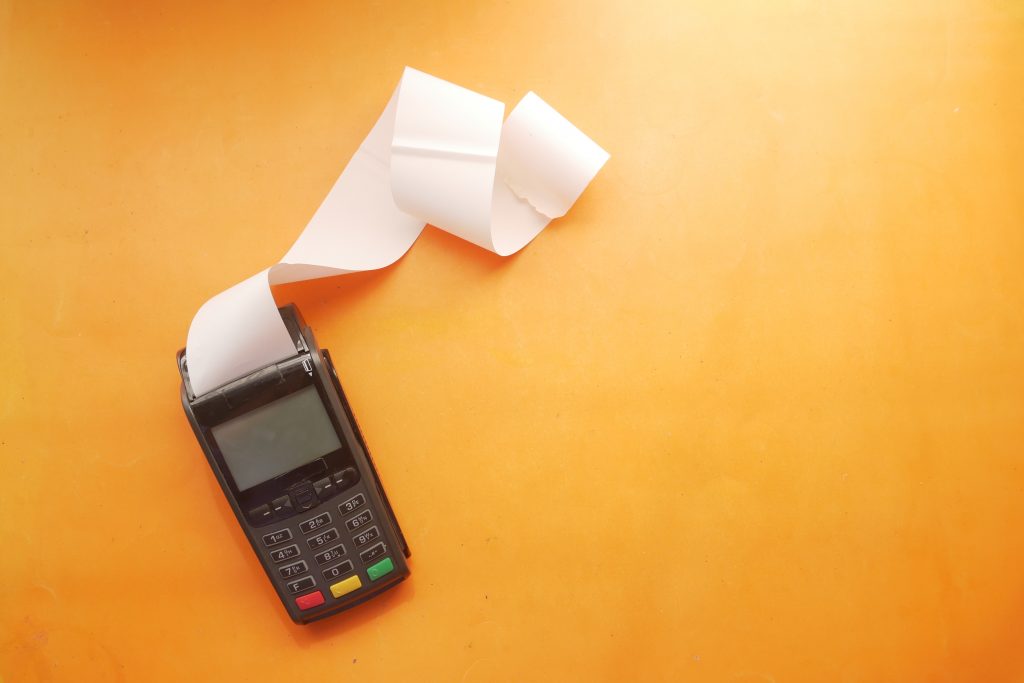IR35 is a set of rules that determine whether a contractor working through their own limited company should be treated as an employee for tax purposes. If the contractor is deemed to be an employee under IR35, the client will be responsible for paying employer's National Insurance contributions
When Does A Company Require An Audit?
Whether or not a UK company requires an audit depends on a number of factors, including its size, type, and whether or not it is listed on a public stock exchange. Companies that are required to have an audit: All public companies listed on a stock exchange Large private companies that meet two
How to Finance Your Business in the UK
Starting and running a business in the UK can be a costly endeavor. There are many expenses involved, from rent and utilities to inventory and marketing. As a result, it's important to have a solid financial plan in place. One of the most important aspects of this plan is how you will finance your
P11D – Expenses and Benefits
As an employee or employer in the United Kingdom, you may have come across the term "P11D" at some point. The P11D form plays a crucial role in the tax system of the UK, and it is essential to have a clear understanding of its purpose, requirements, and implications. In this comprehensive guide, we
Key Accounting Terms
Some common accounting terms include: Asset: A resource that a company owns and expects to benefit from in the future. Liability: A debt or obligation that a company owes to another party. Equity: The net worth of a company, calculated as the difference between its assets and liabilities. Revenue:
Expenses for Small Business: Reduce Tax and Boost Your Bottom Line
By understanding the types of expenses you can claim as deductions, you can effectively lower your taxable income and keep more money in your business's pocket. Office Expenses From office supplies and stationery to rent and utilities, a range of office-related expenses can be claimed. Whether
How To Write A Business Plan
Writing an effective business plan helps you in the following ways; Think through your business idea A business plan forces you to think through your business idea in a comprehensive and systematic way. This can help you identify potential problems and challenges before you launch your business. Set
Comparison of Liability: Sole Traders vs. Limited Companies
When it comes to the liability associated with business debts, sole traders and limited companies operate under different frameworks. Sole traders bear unlimited liability for any debts incurred by their businesses. On the other hand, shareholders of a limited company are only liable for the
Director’s Loan Accounts (DLA)
Director's Loan Accounts (DLA) refer to the record of transactions between a company and its directors regarding money or assets. In the UK, it is essential for directors to understand how these accounts work and how they are treated for tax purposes. One specific aspect related to director's loan
Closing a limited company
Board Resolution Hold a board meeting and pass a resolution to close the company. Ensure that all directors are present or provide their written consent. Inform HM Revenue and Customs (HMRC) Notify HMRC that the company is closing by submitting the necessary forms. This includes filing the final









